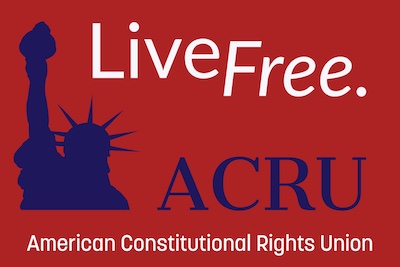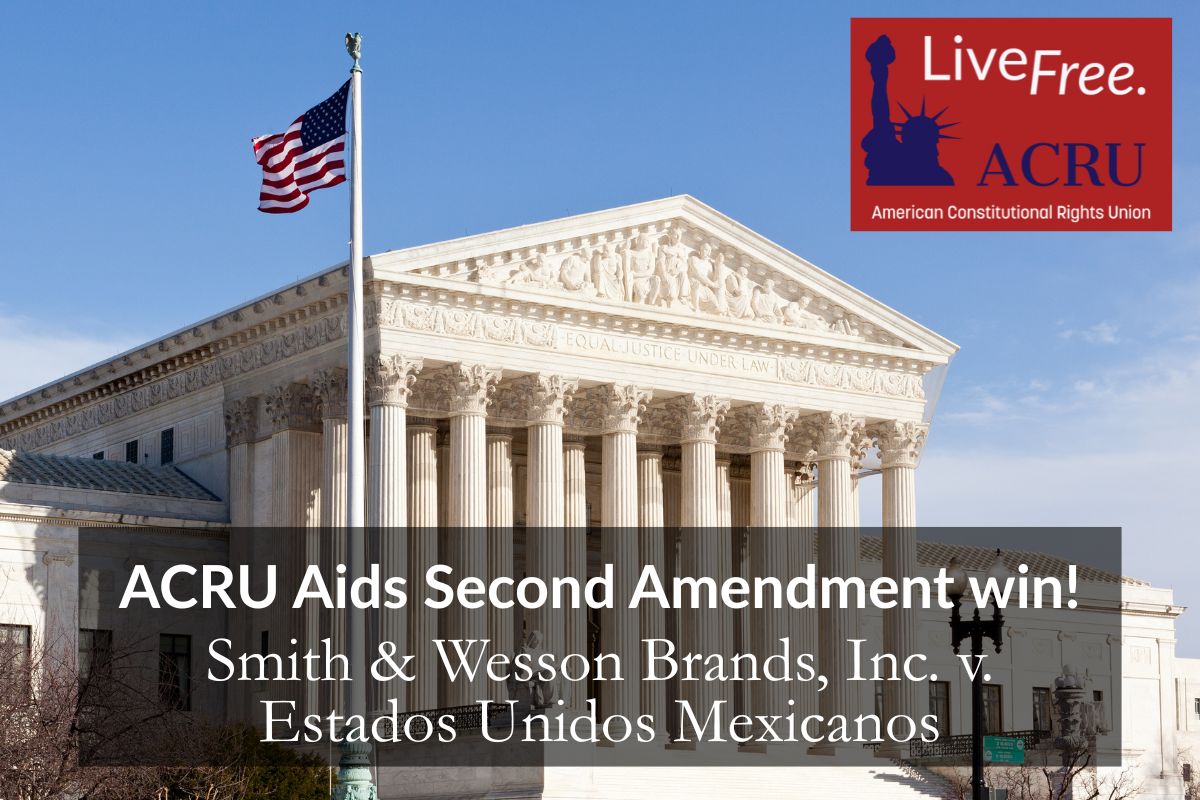In an April 27, 2023, decision, the Eleventh Circuit Court of Appeals reversed almost all of a district court ruling that declared Florida election laws regulating ballot drop boxes, the solicitation of voters at the polls, and the delivery of voter registration forms by third-party voter-registration organizations to be unconstitutional and unlawful. The court rejected the district court’s conclusion that the provisions were motivated by intentional discrimination on the basis of race. It explained, “From the start, the district court erred.” In particular, it criticized the district court for conflating race and political considerations. The court pointed to the U.S. Supreme Court’s decision in Brnovich v. Democratic National Committee, where the Supreme Court said, “[P]artisan motives are not the same as racial motives.”
The Eleventh Circuit also found that the Florida election law changes were justified by incidents of voter fraud. It noted, drawing on a prior opinion upholding Alabama’s voter-ID law, “[T]he Supreme Court has already held that deterring voter fraud is a legitimate policy on which to enact an election law, even in the absence of any record evidence of voter fraud.” The court also pointed out that “the record includes undisputed evidence of fraud—including vote-by-mail fraud in Florida.”
With respect to the solicitation of voters, the Eleventh Circuit explained that the Florida law had two prongs; one that prohibited communication with the intent to influence a voter; and another prohibiting acting in a way that has the effect of influencing a voter. The court held that the first intent prong was constitutional. The inclusion of the intent element cured any lack of clarity in the law. The second, the influence element, was a different story: “How is an individual seeking to comply with the law to anticipate whether his or her actions will have the subjective effect of influencing a voter?” In any event, “[a] broad prohibition on soliciting voters serves the State’s interest in preserving order at polling places.”
In the end, the Eleventh Circuit reversed the district court on every issue but the influence prong of the solicitation provision. It held that the other provisions were not unconstitutional and did not violate the Voting Rights Act.
The ACRU, together with the Alabama Center for Law and Liberty, filed a friend-of-the-court brief in support of Florida.



